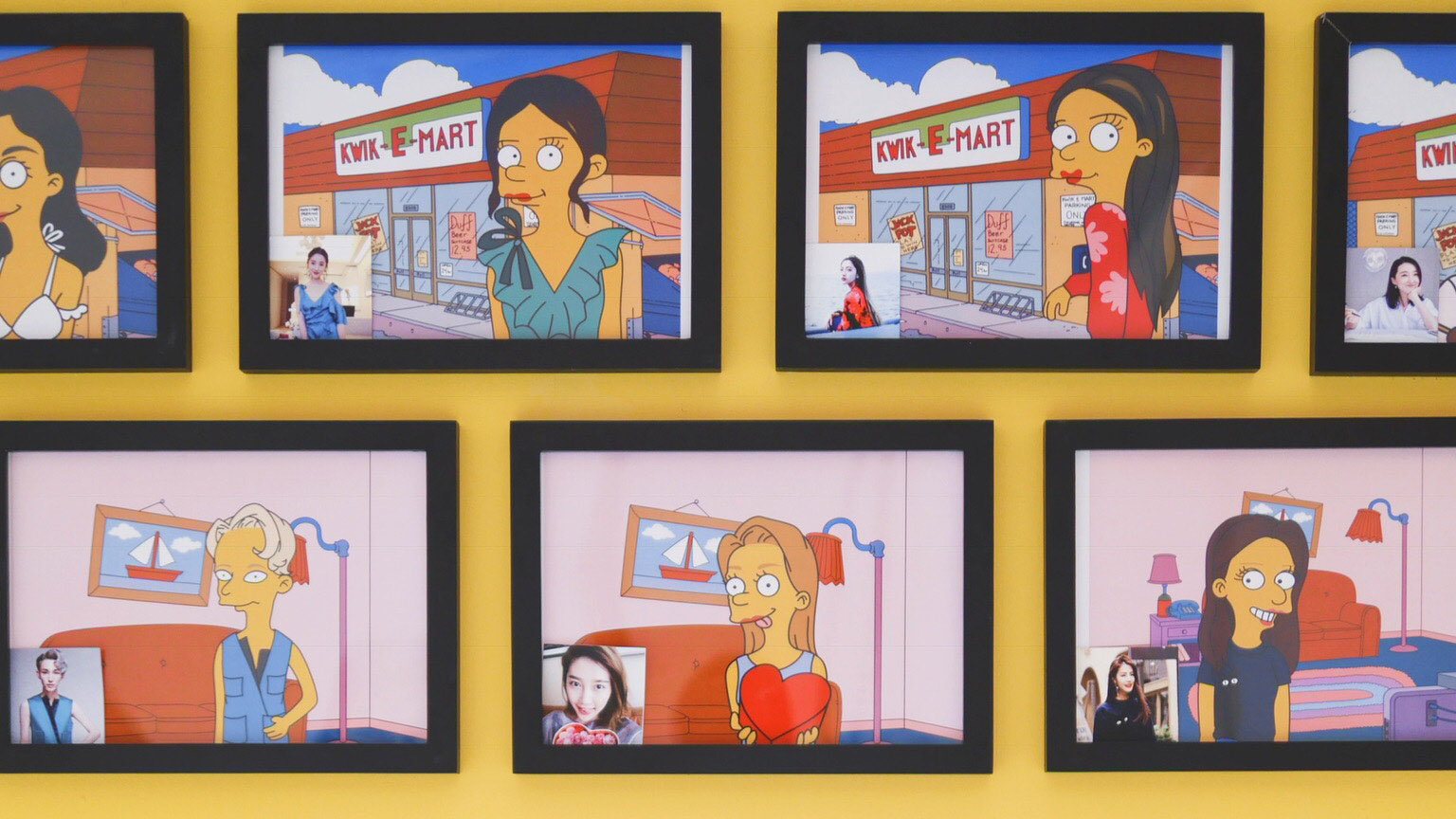People of colour in comedy represent more than just tokenism

Sami Shah: 'Here Come The Habib's!' is a "horrendously tokenistic" example of comedy and how it depicts the lives of people with diverse backgrounds in a "borderline offensive" way. PHOTOGRAPH: Nicole Cleary
In an increasingly diverse and multicultural society, a white and homogenised comedy scene does not reflect modern-day Australia.
University of Wollongong senior lecturer in cultural and media studies Dr Sukhmani Khorana said tokenism could be avoided if people from diverse backgrounds were involved in decision-making, production and behind the scenes.
“It’s only when decision-makers have the will to really change things, to change the paradigm, that it becomes less tokenistic and more meaningful,” she said.
ABC executive comedy producer Tom Wright said comedy is an effective medium to open people up to new ways of thinking, new cultures and new ideas.
“As a British person I’m an immigrant as well, so I feel very keenly that the ABC needs to reflect a lot more of what actual Australia looks like, rather than what it currently looks like,” he said.
“When you see a comedian of colour doing comedy about their life and experience as a person of colour, you might be more likely to develop a sense of empathy for them and their experiences as well.
“A comedian of colour will provide a perspective of what it’s like to be oppressed, that’s different to a comedian who is white,” he said.

The Simpsons is an example of how racial stereotypes were portrayed, often in an exaggerated manner. PHOTOGRAPH: Wang Xi (Unsplashed)
ABC broadcaster, writer and comedian Sami Shah said “tokenism” and “stereotypes” were too often used in comedy when depicting people from diverse backgrounds.
He said although the scene was changing, the Nine Network series about a Lebanese family, Here Come The Habib’s! was an example of “horrendously tokenistic” comedy and the way it portrayed the Lebanese community was “borderline offensive”.
Mr Shah said while this type of program could be seen as “groundbreaking”, the focus needed to be on providing perspective and move away from portraying people of colour or from diverse backgrounds as “novelty acts".
Dr Khorana said for change to occur, it was important people of diverse backgrounds were given the “creative agency” to produce and write their own content.
“Writing is a really important point (and) unless we’ve got those stories being written by people of colour or by allies of people of colour, then I think there is going to be very little progress,” she said.
Mr Wright said that change was happening slowly and pointed to Britain’s BBC as an example of a public broadcaster that reflected its country’s ethnic makeup.
“I think Australia is belatedly waking up to that,” he said.
Featured image: Mateo Paganelli (Unsplash)
